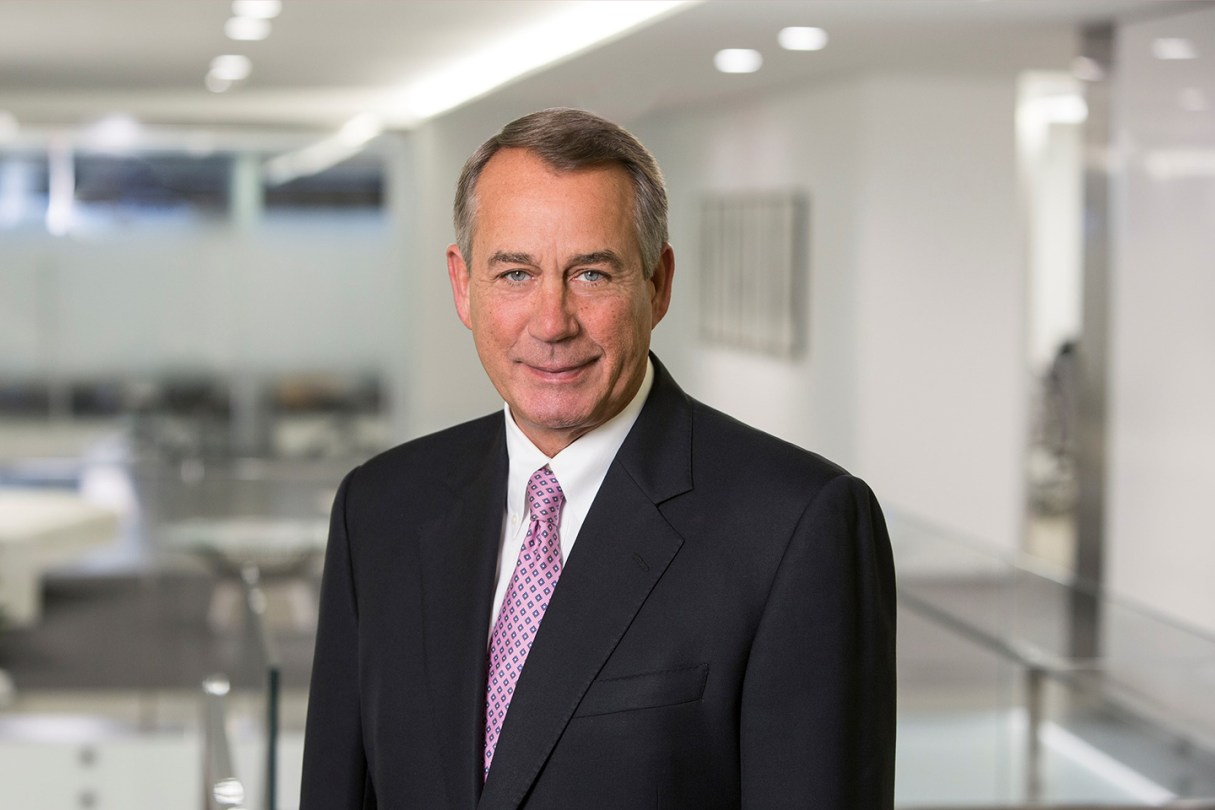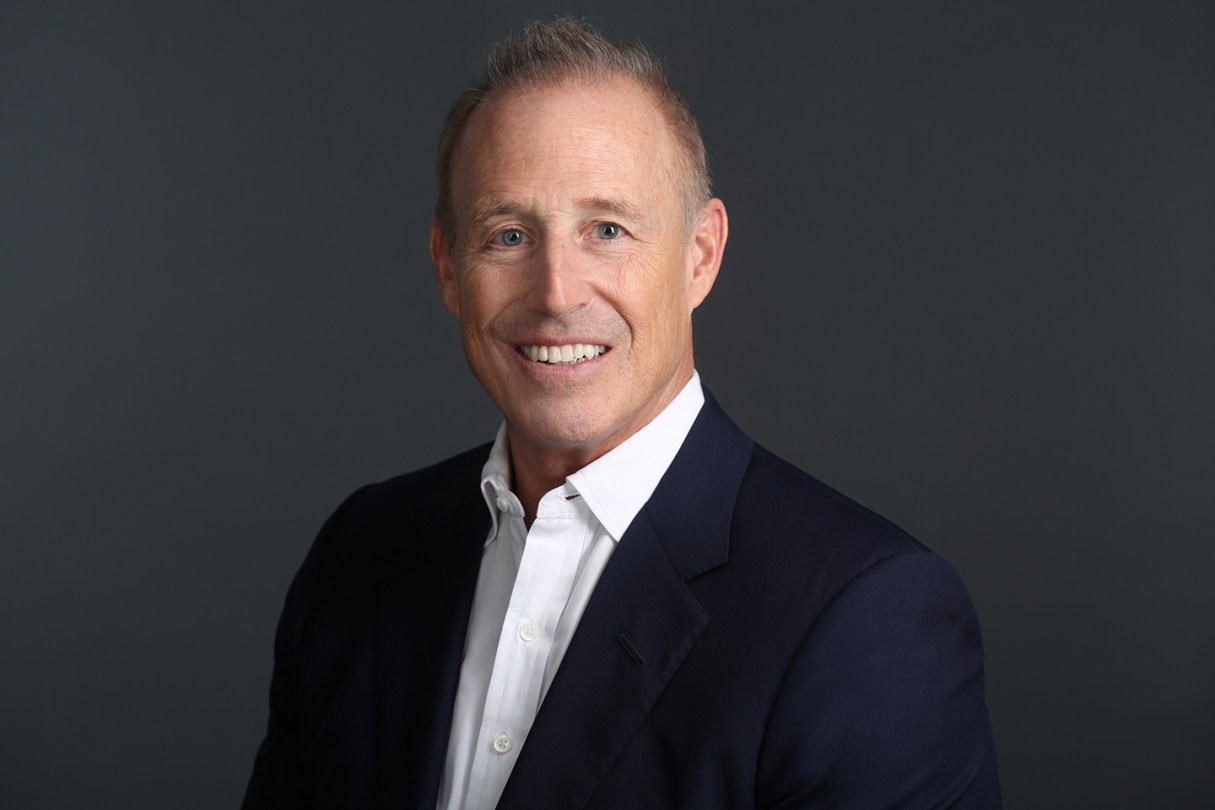From long-time marijuana legalization advocates like Willie Nelson to more recent arrivals like former U.S. House Speaker (and SXSW 2019 Convergence Keynote speaker) John Boehner, diverse voices are proclaiming that the time for legal cannabis has arrived. At ballot boxes and statehouses around the country, 2018 was already a bust-out year for legalization, and proponents believe 2019 will be even more weed-forward.
“Too many people in this country want it, and, with respect to medicinal cannabis, unfortunately, too many people need it.”
Currently, 10 states and the District of Columbia have legalized recreational marijuana, while 33 have approved medical cannabis. Even stalwart conservative states such as Oklahoma and Utah have recently green-lighted medical marijuana.
Yet, while American legislators recently approved the 2018 Farm Bill, legalizing hemp as a crop (but not marijuana itself), the country still doesn’t have a cohesive federal policy. That impedes not only health research and criminal-justice reform, but also essentially hands over a white-hot multibillion-dollar industry to countries like Canada, which legalized marijuana last year.
“The United States has been a leader in so many different things, but today, sadly the U.S. is so woefully behind in its compassion and care with cannabis,” says Kevin Murphy, CEO of Acreage Holdings, the largest U.S. cannabis operator, who will join Speaker Boehner for their Keynote Conversation.





